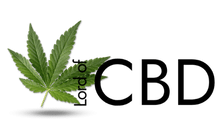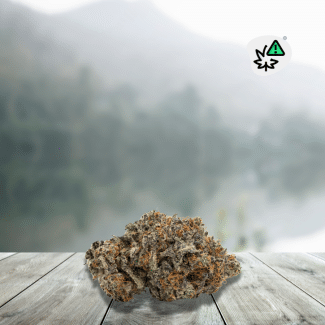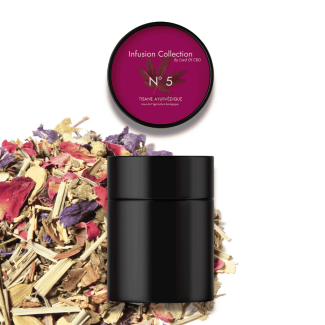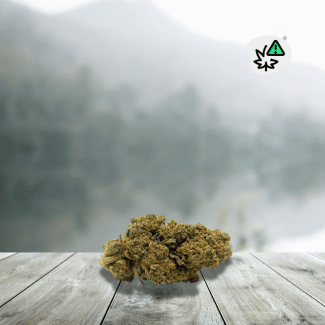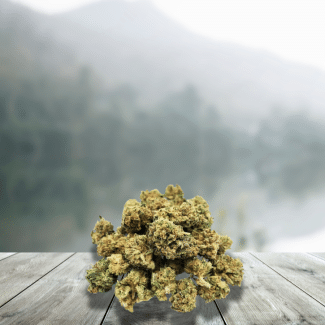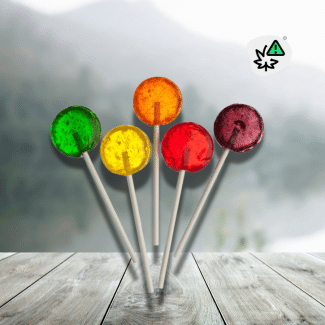
CBD legislation in Morocco: A gradual evolution
Morocco, known for its rich history and agricultural traditions, holds a unique place in global cannabis production. In recent years, the country has taken a close interest in cannabidiol (CBD) , a non-psychoactive cannabis molecule, recognized for its numerous therapeutic benefits. This text analyzes the evolution of Moroccan legislation regarding CBD, the resulting socio-economic issues, and the challenges that local producers face.
Current Legal Framework for CBD in Morocco
In Morocco, cannabis legislation has always been strict. Nevertheless, in 2021, the government passed a historic law allowing the medical and industrial use of cannabis, including CBD. This progress is part of a global dynamic where many countries are adopting more permissive regulations around cannabis, particularly for reasons of public health and economic opportunities. The new legislation therefore allows the use of CBD under certain conditions, while rigorously regulating its production and distribution.
Law of 2021: Towards partial legalization
The 2021 law marks a decisive turning point in the perception of cannabis in Morocco. Farmers in the Rif region, who have been producing kif for generations, can now consider transforming their activity into a legal and regulated sector. Morocco aims to regulate the market by creating a National Agency for the Regulation of Activities Related to Cannabis (ANRAC), responsible for issuing licenses and monitoring quality standards.
Economic Impact and Opportunities for Local Producers
A Dynamic of Local Development
Cannabis cultivation represents an important source of income for farmers in the Rif, and the legal opening for CBD production could improve their living conditions and stimulate the local economy. Recent legislation favors a transition towards legal productions, but the challenges are numerous. Growers must comply with international quality standards and develop skills in scientific cannabis cultivation. Ultimately, legalization could limit the black market, reduce crime and attract foreign investment, thus allowing Morocco to position itself as a major player in the CBD industry in Africa.
Social and Financial Issues
CBD regulation also aims to protect producers from abuse and risks associated with illegal activities. By regulating prices and imposing standards, the government aims to guarantee stable incomes and access to specialized training programs for farmers. The legal sector could also offer new employment opportunities in ancillary sectors such as transport, processing and distribution.
International Comparison: Inspiration and Regulatory Models
Moroccan legislation is often compared to that of other cannabis-producing countries such as Canada and certain American states . In these regions, governments have established a regulated market where the production, distribution and sale of CBD are strictly regulated. By drawing inspiration from these examples, Morocco can aim for responsible growth of its industry, based on regulations adapted to local specificities.
Canadian Model: Effective Supervision
Canada example of rigorous supervision, with laws that impose strict quality controls to protect consumers and guarantee product safety. In Morocco, the application of similar standards could strengthen the confidence of national and international consumers, while maximizing the tax benefits of this new economy.
Public Perception and Education: Raise Awareness to Convince
CBD is often viewed with skepticism by the Moroccan public due to its semantic proximity to psychoactive cannabis . Indeed, confusion between CBD and THC (psychoactive compound of cannabis) is common, which leads to reluctance. It is therefore essential to carry out information campaigns to raise public awareness of the benefits of CBD and clarify its medical, therapeutic and non-psychoactive uses.
Awareness Campaigns: A Necessity
Moroccan authorities could adopt a proactive communications approach to demystify CBD. By disseminating clear information and involving health professionals , they could break down prejudices, promote the safe use of CBD and encourage consumers to turn to controlled and legal products.
Challenges and Solutions for the Development of the CBD Sector
Despite the positive outlook, the CBD sector in Morocco faces several major obstacles . The lack of legislative clarity for certain business practices, the complexity of licensing processes, and the high costs of complying with international standards represent significant challenges. However, practical solutions exist to overcome these barriers.
Encourage Transparency and Reduce Bureaucracy
To support the growth of this new industry, it is crucial to establish a transparent legislative framework and simplify administrative procedures. Training and subsidy programs could also help small producers adapt to required quality standards, while stimulating their integration into the global market.
Technological and Infrastructure Investments
The adoption of advanced agricultural technologies could enable producers to comply with CBD quality standards. By providing financial support for the purchase of modern equipment, Morocco could encourage sustainable and high-quality production, meeting the expectations of European and American markets.
The Future of Regulation and the Emergence of a Sustainably Regulated Industry
As the legal framework evolves, the CBD industry in Morocco is expected to continue to grow, providing significant opportunities for local producers and promoting an economic model based on environmentally friendly agriculture. The government has the opportunity to sustain the growth of this industry by pursuing balanced regulatory initiatives, supporting producers in their transition and consolidating the legal market.
In conclusion, the evolution of CBD legislation in Morocco represents a valuable opportunity for farmers and the local economy. By establishing a balanced regulatory framework and investing in training and support for growers, Morocco could become a leader in the international CBD market.
